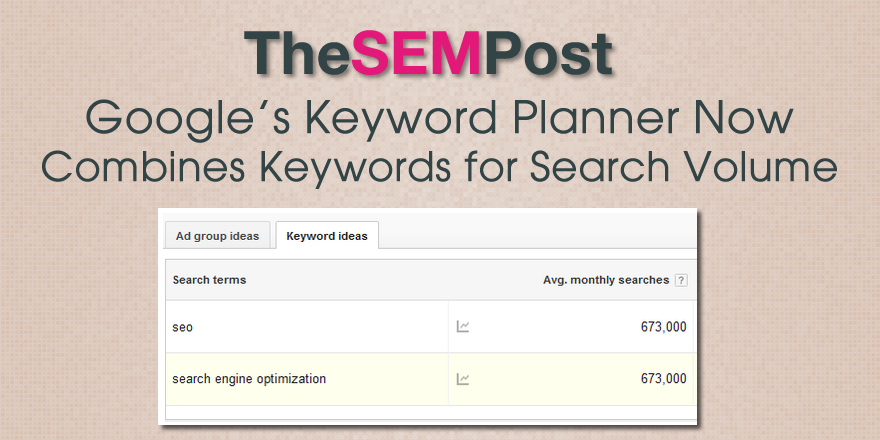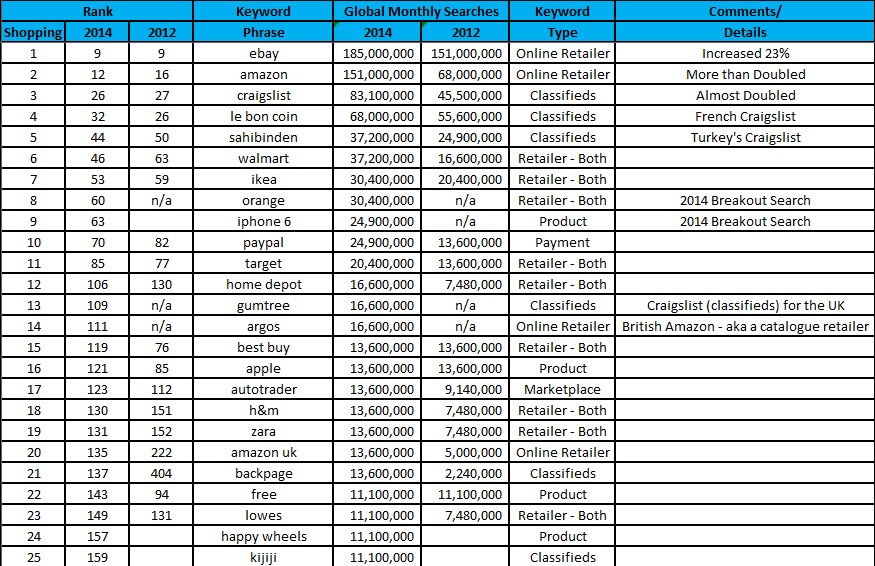

Learn how to choose your keywords for Display Network campaigns. For example, on a webpage that includes brownie recipes, Google Ads might show ads about chocolate brownies or delicious dessert recipes.

Google's technology scans the content and web address of a webpage and automatically displays ads with keywords that closely match the subject or web address of the page.

With exact match your keyword will only show on searches that are the same meaning as the keyword. You can use keyword match types to choose the range of what searches your keywords can match. Learn how to make sure your ads are relevant. Higher quality ads and relevance to user searches typically lead to lower costs and better ad positions. This score is based on expected clickthrough rate, ad relevance, and landing page experience. To help you understand the quality for your keywords, each keyword has a Quality Score. Make sure your keywords and landing page are all closely related to the terms that a customer might be searching for. The cost for each keyword will be different depending on the quality of your keyword, your competition in the auction, and other factors. When a customer searches for a term that matches your keyword, your ad enters an auction to determine if it will show. In addition, if your Search campaign is also targeting the display network, then your ad could also appear on websites about ultimate frisbee. Keywords Everywhere also allows access to. You are now able to see all the relevant search volume data in real time while you are on Google, YouTube, Amazon, Bing, Google Search Console, Google Analytics and more. When people type "buy frisbee" on Google search, your ad might appear on the search results page. Our tool seamlessly appends search volume data, CPC and competition data onto the interface of your favorite keyword research tool. If you sell frisbees, you can add "buy frisbee" as a keyword in your Google Ads campaign.


 0 kommentar(er)
0 kommentar(er)
